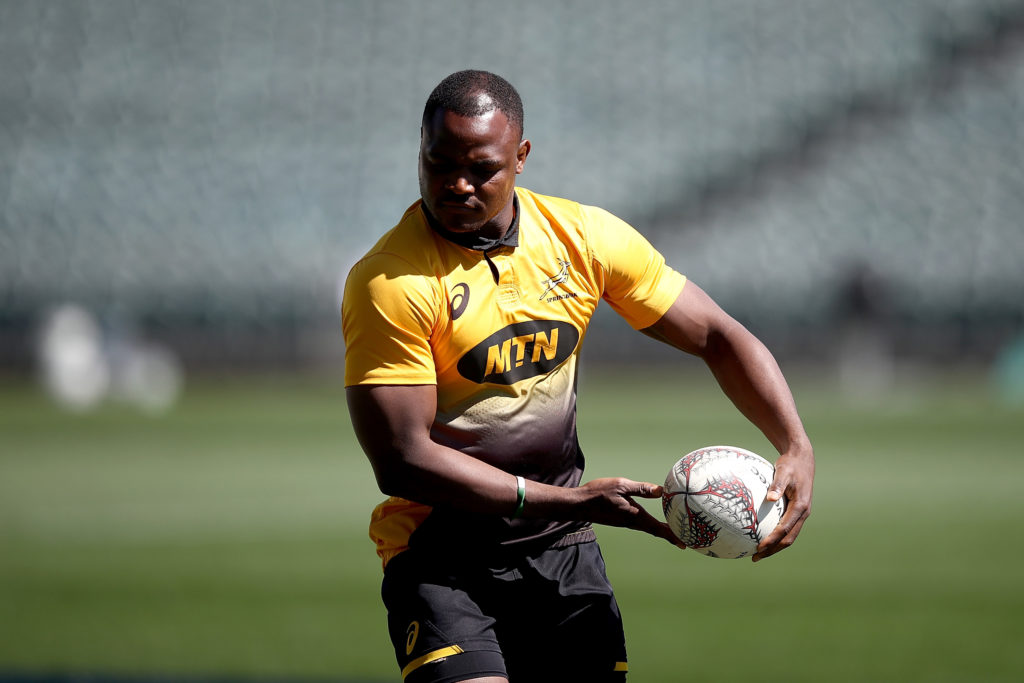Chiliboy Ralepelle has listed his faith as one of the reasons why he would not have consciously taken a banned substance.
The former Springboks and Sharks hooker is in the process of appealing his eight-year ban after he tested positive for Zeranol during an out-of-competition test on 17 January 2019.
Ralepelle denies ever taking the banned substance and believes there has been a concerted effort to discredit him and portray him as a repeat offender despite evidence to the contrary.
ALSO READ: Seven uncapped players in ABs squad
Ralepelle’s legal team will argue that there were multiple inaccuracies in SAIDs findings and will challenge procedural failures by the sporting body, entrusted to ensure fairness in the much-loved sport.
According to Rapport newspaper, a statement on the SAIDs website revealed Ralepelle tried to argue in the following ways that he did not intentionally take the prohibited substance:
- That his faith as a Christian would prevent him from cheating, which the disciplinary panel did not consider a valid defence against the possibly conscious use of stimulants.
- That he does not know how the drug ended up in his system, but the disciplinary panel says ignorance does not make him less liable.
- That he was enrolled in an international stimulant test group and was therefore constantly tested, to which the panel replied that it was an unconvincing reason why an athlete would not intentionally use stimulants.
- That he had numerous negative tests for banned substances in the past, but the disciplinary panel also rejected this as a possible defence.
- That his financial and emotional situation meant he would ‘never jeopardise his career by using illicit drugs’, but the panel believes no athlete will use stimulants if he knows he is going to be caught.
- That he has been playing professional rugby for 14 years and has been tested every two to four weeks – another argument the disciplinary panel rejected.
- That the amount of the banned substance found in his bloodstream was never determined, but the panel argues quantity is irrelevant when it comes to determining whether the athlete cheated on purpose.
- That the banned substance, in any case, did not speed up his recovery process from an injury, which the panel says is irrelevant, because it is not about the effect of the drug, but about the possible effect that the athlete is looking for.
- That his previous positive tests had made him aware of the dangers of stimulants and that he would therefore not intentionally use illicit drugs again.
Back in 2015, Ralepelle was suspended for two years for a doping offence. This dated back to an out-of-competition doping control test taken the year before, when he was recovering from anterior cruciate ligament surgery following a knee injury he had sustained while playing for Toulouse against Biarritz in France.
In 2010, Ralepelle and fellow Bok Bjorn Basson also tested positive for methylhexanamine, but were found to not be at fault, as the substance was apparently contained in Springbok-approved supplements.
FROM THE MAGAZINE: Blitzboks’ dream is undiminished
Photo: Phil Walter/Getty Images





